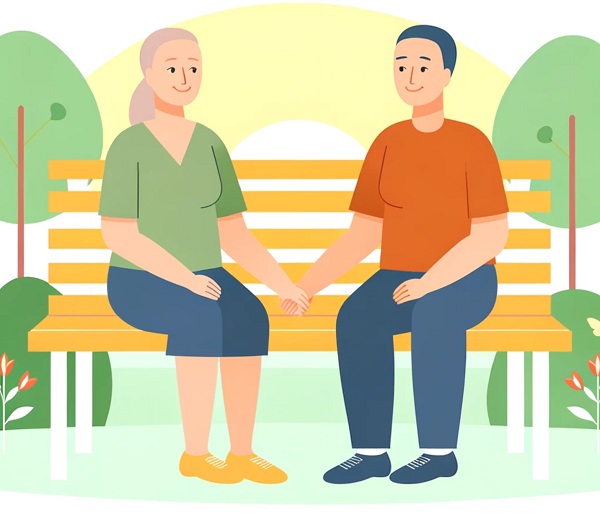While we have already established on this site that BPD can not be cured as such, that doesn’t mean you will always have BPD. Let me explain a little more. While that might sound like I am contradicting myself that is not the case. So you can’t be cured, but you won’t have BPD for life? Which is the truth? The confusion between these two things are caused by a lack of knowledge of what BPD is in the first place…
Is BPD a Lifelong Disorder?
In a recent survey done by the American Journal of Psychiatry, they proved that with treatment 88% of people will no longer have enough signs of BPD to meet the BPD criteria. As you might know, to be diagnosed with BPD you should be showing at least 5 of the 9 main BPD symptoms…
1. Fear of Abandonment
2. Unstable Relationships
3. Unclear or Shifting Self-Image
4. Impulsive, Self-Destructive Behaviour
5. Self-harm
6. Extreme Emotional Swings
7. Chronic Feelings of Emptiness
8. Explosive Anger
9. Feeling Suspicious or Out of Touch With Reality
With targeted treatment containing both medications as well as talk-based therapies like DBT and CBT 88% of people no longer have enough of those signs to meet the BPD criteria, but they will nearly always show at least a few of them. While BPD can never be fully cured you can fix enough symptoms of it to make the patient no longer eligible to be classed as having BPD. So you might not officially have BPD, but you will always suffer from BPD mood swings, or forever have a Fear of Abandonment. Sadly as you might be guessing by now that doesn’t mean someone can be fully cured at all, it just means some of the symptoms have been tackled. It is also worth pointing out that many people in the survey done by the American Journal of Psychiatry had treatment and therapy over a 10-year process! Try getting ten years of therapy here in the UK on the NHS!
If you have any questions relating to BPD please do drop a comment below and help us all share the knowledge with others. If you have any other questions relating to BPD or would just like some advice on the disorder do get in touch with us via the contact us page. It’s easy to do, we are both responsive and confidential, plus we never save any of your details in any way.



